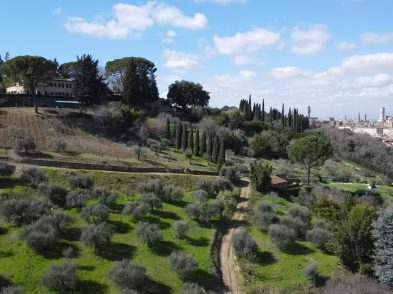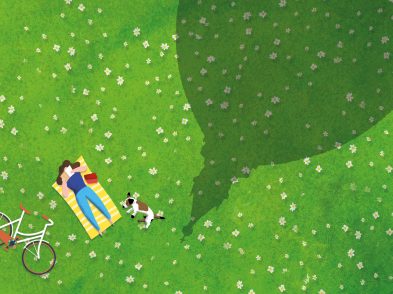2024 marks 100 years since the University of Florence’s official recognition as a modern learning institution, despite initially being founded in medieval times. Alumni include the likes of journalist Oriana Fallaci, fashion designer Donatella Versace, and politicians Eugenio Giani and Dario Nardella, while Giovanni Boccaccio taught students about Dante’s Divine Comedy. In this interview, Alessandra Petrucci, president of the University of Florence, shares her thoughts and aspirations ahead of the centenary celebrations.
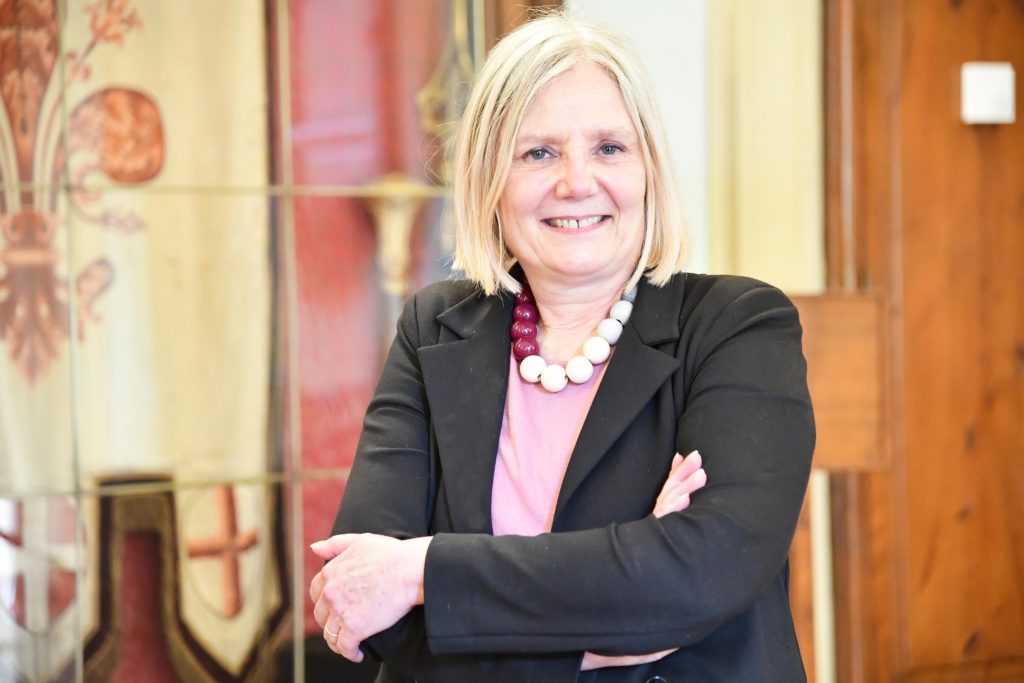
How does the university strive to stay modern?
The origins of the University of Florence, which is celebrating its centenary this year, are actually much older than this, dating back to the Studium Generale set up at the behest of the Florentine Republic in 1321 and then moved to Pisa by the Medici family. But its mission is future oriented: it is a key player in the elaboration and transmission of knowledge to new generations, in constant dialogue with both personal aspirations and social needs. The university is therefore also committed to innovation transfer as well as to promoting cultural, solidarity and international cooperation initiatives. In short, it is an institution which is open to the city and the world: its modernity lies precisely in this, as the slogan of our centenary celebrations also highlights: “A century and beyond”.
What can we expect in terms of events to mark the centenary?
The celebrations, to which many local organizations and institutions have contributed with their own initiatives or in collaboration with the university, will begin with the inauguration of the academic year and, a few days later, with the reopening of the Specola Museum following redevelopment and restoration work. There will also be a special focus on contemporary art through two major projects: an exhibition by sculptor Onofrio Pepe and a series of installations of works of art in university venues. Out of the 80-plus events planned, I would also like to mention an initiative focusing on Leonardo da Vinci, organized in conjunction with the State University of Milan, which is also celebrating its 100th anniversary in 2024.
One of the sites of UniFi’s natural history museums, La Specola, will reopen its beloved doors this February. What can the public expect from the renovation?
The reopening will take place on February 21, 2024, the 250th anniversary of the foundation of the first European science museum open to all, just as Grand Duke Peter Leopold of Lorraine wanted it to be. The new Specola will contain two new wings, one of which will focus on mineralogy and the other on botanical waxes supplementing a collection already internationally renowned for its precious anatomical waxes and zoology collections. The museum, which was several centuries ahead of its time in its dissemination of scientific culture, is conceived as a pathway presenting nature in its entirety, from the earth to the sky. It is no coincidence that the building also houses the astronomical observatory the museum was named after.
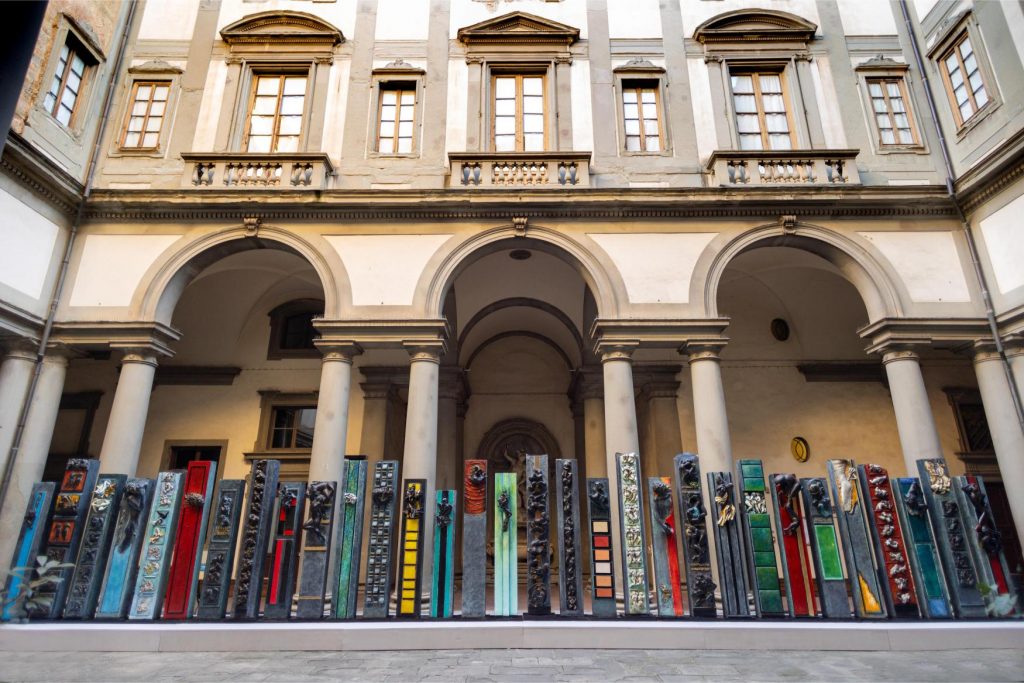
Bologna is renowned for its social activism and Pisa for its research prowess. What defines student culture at the University of Florence?
One of the features which marks us out is undoubtedly our international dimension: think of students’ mobility in the Erasmus programme or the university’s more than 500 cooperation agreements with as many universities around the world, without forgetting its dialogue with the city’s many international institutions and universities. In addition, study paths leading to double or joint degrees with other universities have been in place for some time and 14 of the degree courses are entirely in English. Moreover, the University of Florence is part of EUniWell, one of the transnational alliances that will generate the European universities of the future, sharing study and research programmes and promoting European values and identity.
In what ways does the University of Florence foster a sense of community and provide support to students from overseas?
We offer many opportunities to experience the university as a global learning and sharing experience. Everyone can take part in the university choir, orchestra and theatre company, play sports at the university sports centre or visit the university museum system’s collection free of charge, which boasts outstanding natural history collections. Obviously, these opportunities also appeal to foreign students. Overall, on the basis of last year’s end-of-year figures, there were nearly 3,700 international students at the university, the majority of whom were women, over 2,300 to be exact. These students came from all continents, although Europe was pre-eminent. Non-Italian entrants accounted for 6.5 per cent of BA/BScs and 9.6% of MA/MScs.
Various offices offer services for foreign students. The Welcome service offers help finding accommodation in the city. Non-EU students are supported by the PER-University desk in applying for or renewing their residence permits, while the International Desk provides information on teaching, fees and scholarships. And for those who want to find out about university life in Florence remotely, there is an online service that puts students in touch with Student Ambassadors.
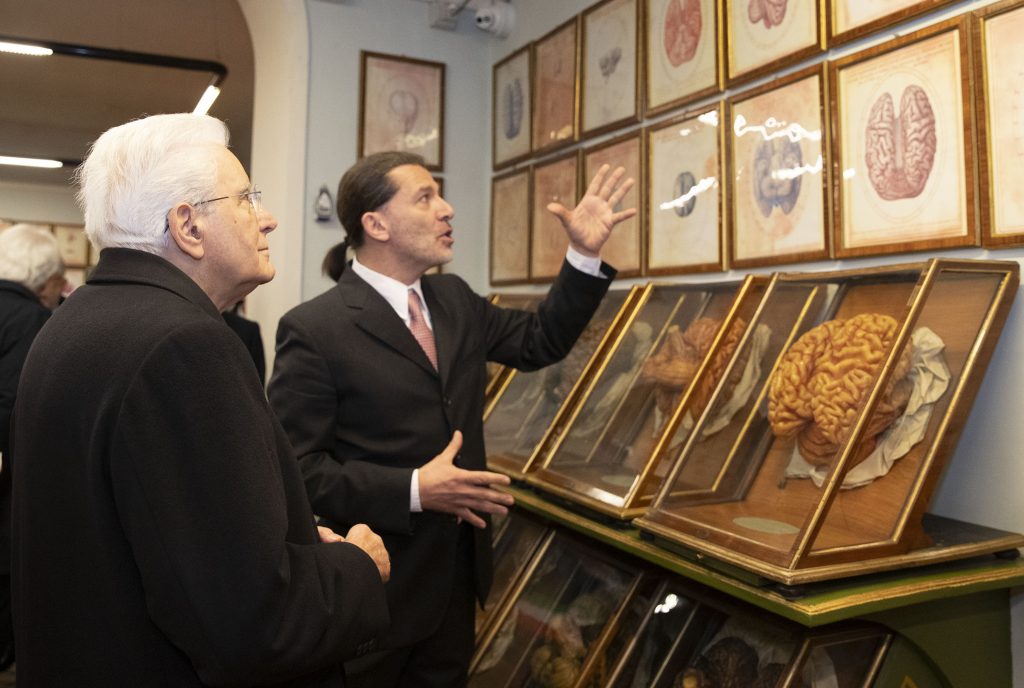
How is AI impacting higher education and how is the University of Florence exploring the potential benefits/repercussions of this technology?
Artificial intelligence, like all great innovations, has both positive and negative uses. But this does not depend on technology; it depends on us. Thinking around its implications in university teaching and research will have to be both thorough and timely.
How is the housing crisis and hikes in rental prices affecting the attractiveness of Florence as a university city?
It is crucial that the university welcomes its students, many of whom come from other parts of Italy and overseas. The need for affordable housing is now urgent. Over and above what can be achieved in university residences with PNRR funds, the University of Florence is ready to work closely with local stakeholders, in accordance with jurisdiction.
What are your aspirations for the University of Florence?
To be an inclusive and welcoming university for all, excelling in research, future oriented and working with the local area.



